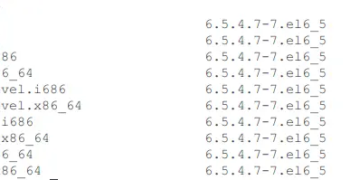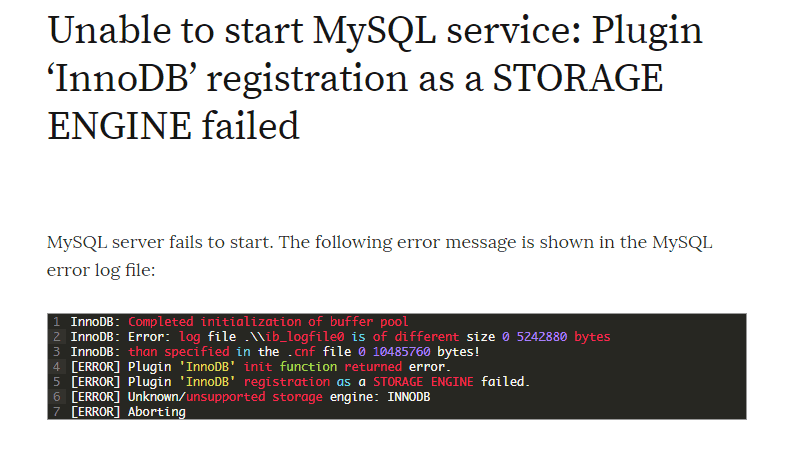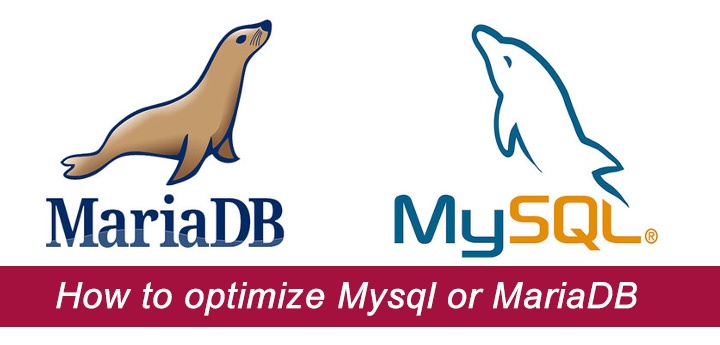Using a Different System?
-
How to Install DokuWiki on Ubuntu 16.04 LTS
-
How to Install DokuWiki on CentOS 7
-
How to Install DokuWiki on Fedora 28
-
How to Install DokuWiki on FreeBSD 12
DokuWiki is an open source wiki program written in PHP that doesn’t require a database. It stores data in text files. DokuWiki source code is publicly hosted on GitHub. This guide will show you how to install DokuWiki on a fresh Debian 9 Vultr instance.
Requirements
Make sure your server meets the following requirements.
- Nginx
- PHP version 5.6 or later, newer versions are highly recommended. (This guide will use PHP 7.0)
Check the Debian version.
lsb_release -ds
# Debian GNU/Linux 9.4 (stretch)
Ensure that your system is up to date.
apt update && apt upgrade -y
Install necessary packages.
apt install -y apt-transport-https sudo curl wget dirmngr sudo
Create a new non-root user account with sudo access and switch to it.
adduser johndoe --gecos "John Doe"
usermod -aG sudo johndoe
su - johndoe
NOTE: Replace johndoe with your username.
Set up the timezone.
timedatectl list-timezones
sudo timedatectl set-timezone Region/City
Step 1 – Install PHP and PHP extensions
Install PHP 7.0 and required PHP extensions.
sudo apt install -y php7.0 php7.0-cli php7.0-fpm php7.0-gd php7.0-xml php7.0-zip
Check the version.
php --version
# PHP 7.0.27-0+deb9u1 (cli) (built: Jan 5 2018 13:51:52) ( NTS )
# Copyright (c) 1997-2017 The PHP Group
# Zend Engine v3.0.0, Copyright (c) 1998-2017 Zend Technologies
# with Zend OPcache v7.0.27-0+deb9u1, Copyright (c) 1999-2017, by Zend Technologies
Step 2 – Install and configure Nginx
Install Nginx.
sudo apt install -y nginx
Check the version.
sudo nginx -v
# nginx version: nginx/1.10.3
Configure Nginx.
sudo vim /etc/nginx/sites-available/dokuwiki.conf
Populate the file with the following Nginx cofiguration and save it.
server {
listen [::]:80;
listen 80;
server_name wiki.example.com; # Replace with your hostname
root /var/www/dokuwiki;
index index.html index.htm index.php doku.php;
client_max_body_size 15M;
client_body_buffer_size 128K;
location / {
try_files $uri $uri/ @dokuwiki;
}
location ^~ /conf/ { return 403; }
location ^~ /data/ { return 403; }
location ~ //.ht { deny all; }
location @dokuwiki {
rewrite ^/_media/(.*) /lib/exe/fetch.php?media=$1 last;
rewrite ^/_detail/(.*) /lib/exe/detail.php?media=$1 last;
rewrite ^/_export/([^/]+)/(.*) /doku.php?do=export_$1&id=$2 last;
rewrite ^/(.*) /doku.php?id=$1 last;
}
location ~ /.php$ {
try_files $uri =404;
fastcgi_pass unix:/var/run/php/php7.0-fpm.sock;
fastcgi_index index.php;
include fastcgi_params;
fastcgi_param SCRIPT_FILENAME $document_root$fastcgi_script_name;
}
}
Activate the new dokuwiki.conf configuration by linking the file to the sites-enabled directory.
sudo ln -s /etc/nginx/sites-available/dokuwiki.conf /etc/nginx/sites-enabled/
Check the configuration.
sudo nginx -t
Reload Nginx.
sudo systemctl reload nginx.service
Step 3 – Install DokuWiki
Create a document root directory.
sudo mkdir -p /var/www/dokuwiki
Change ownership of the /var/www/dokuwiki directory to johndoe.
sudo chown -R johndoe:johndoe /var/www/dokuwiki
Navigate to the document root.
cd /var/www/dokuwiki
Download the newest stable release of DokuWiki from the DokuWiki download page.
wget https://download.dokuwiki.org/src/dokuwiki/dokuwiki-stable.tgz
Unpack the DokuWiki tarball.
tar xvf dokuwiki-stable.tgz
rm dokuwiki-stable.tgz
mv dokuwiki-2018-04-22a/* . && mv dokuwiki-2018-04-22a/.* .
rmdir dokuwiki-2018-04-22a/
Change ownership of the /var/www/dokuwiki directory to www-data.
sudo chown -R www-data:www-data /var/www/dokuwiki
Restart php7.0-fpm.service.
sudo systemctl restart php7.0-fpm.service
Open the DokuWiki setup script, install.php, in your browser and setup DokuWiki. The setup script checks for the availability of required PHP functions and checks for necessary file permissions. It also creates an initial administrator account and an initial ACL policy. To run the installer, open http://wiki.example.com/install.php in the browser and follow the instructions.
After a successful configuration, delete the install.php file from DokuWiki root directory.
sudo rm /var/www/dokuwiki/install.php
Your DokuWiki is installed and you will be able to access and edit a functional wiki at http://wiki.example.com/.
Want to contribute?
You could earn up to $300 by adding new articles
Suggest an update
Request an article





